PHL PROMOTED AS AN INVESTMENT HAVEN AT ASEAN SEMINAR IN SEOUL
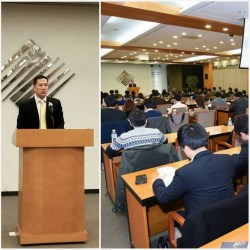
Philippine Ambassador to Korea Raul S. Hernandez delivers congratulatory remarks at the opening ceremony of the Seminar on ASEAN Investment and Market Strategy, organized by the Korea International Trade Association (KITA) on 24 March 2015, at the Trade Towers, in Seoul.
SEOUL, 25 March 2015 – The Philippines attracted the interest of Korean companies at the “Seminar on ASEAN Investment and Market Strategy†organized by the Korea International Trade Association (KITA) at the Trade Towers, Seoul on Tuesday, 24 March 2015.
KITA Senior Executive Managing Director Justin Lee opened the seminar, expressing optimism that the ASEAN region would attract more foreign investments with the scheduled establishment of the ASEAN Economic Community (AEC) in December 2015. In his remarks, Philippine Ambassador to Korea Raul S. Hernandez stressed the importance of the seminar as a venue for providing Korean companies with the latest and most accurate information on the current business environment in ASEAN. With the AEC, he said that ASEAN would provide more exciting and sustained opportunities for global investments and trade. In ASEAN, he remarked, the Philippines is currently one of the fastest growing economies in the world second only to China, with strong economic fundamentals and sustained growth rates. He then invited Korean companies to take a look at the Philippines’ growth trajectory and economic momentum, to participate in this growth and share in the country’s prosperity. Led by Ambassador Hernandez, the Philippine delegation was also composed of Commercial Attaché Emmanuel Ang, Director Angelica Cayas of the Philippine Board of Investments (BOI) and Philippine Trade and Investment Center Trade Assistant Ai Ja Jeon. Vietnam, Indonesia, Malaysia and Myanmar also participated in the event. In her presentation, BOI Director Cayas said now is the best time to invest in the Philippines, citing its improving global competitiveness, positive credit ratings, stable and resilient economic growth, continuous inflow of OFW remittances, steady export growth and investment flows, robust domestic financial sector, efficient revenue collection and strengthened governance. Director Cayas laid out in detail the Philippines’ Investment Priorities Plan, concluding with an invitationto Korean companies to invest in manufacturing (copper wire, chemicals, electronics (LED, solar modules), autoparts, food production and processing and Public-Private Partnership (PPP) Projects. Since its establishment in 1946, KITA, a leading business organization, has contributed significantly to Korea’s economic growth by assisting its member companies in gaining entry to overseas markets. –END–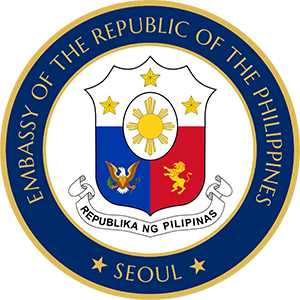


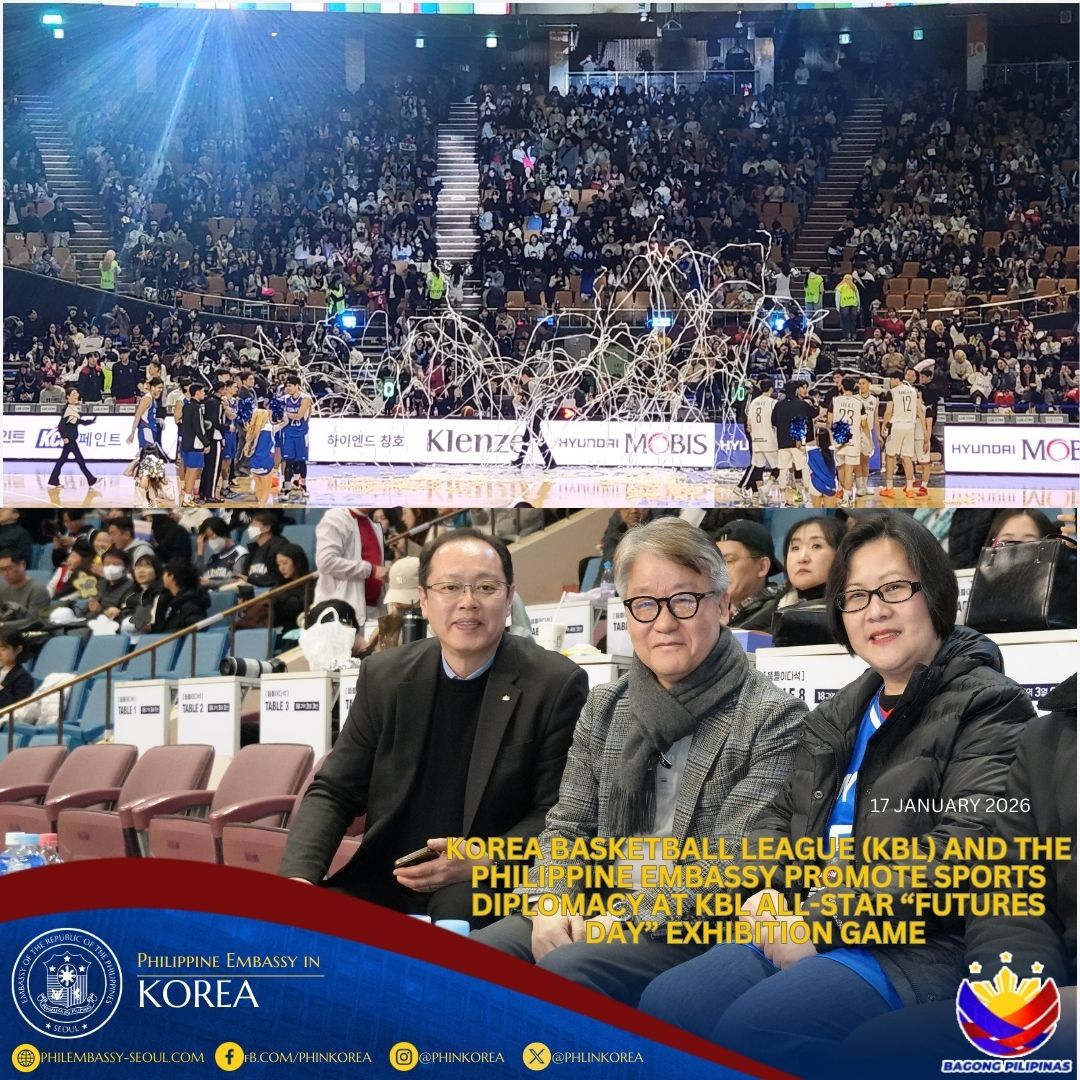 January 21, 2026
January 21, 2026
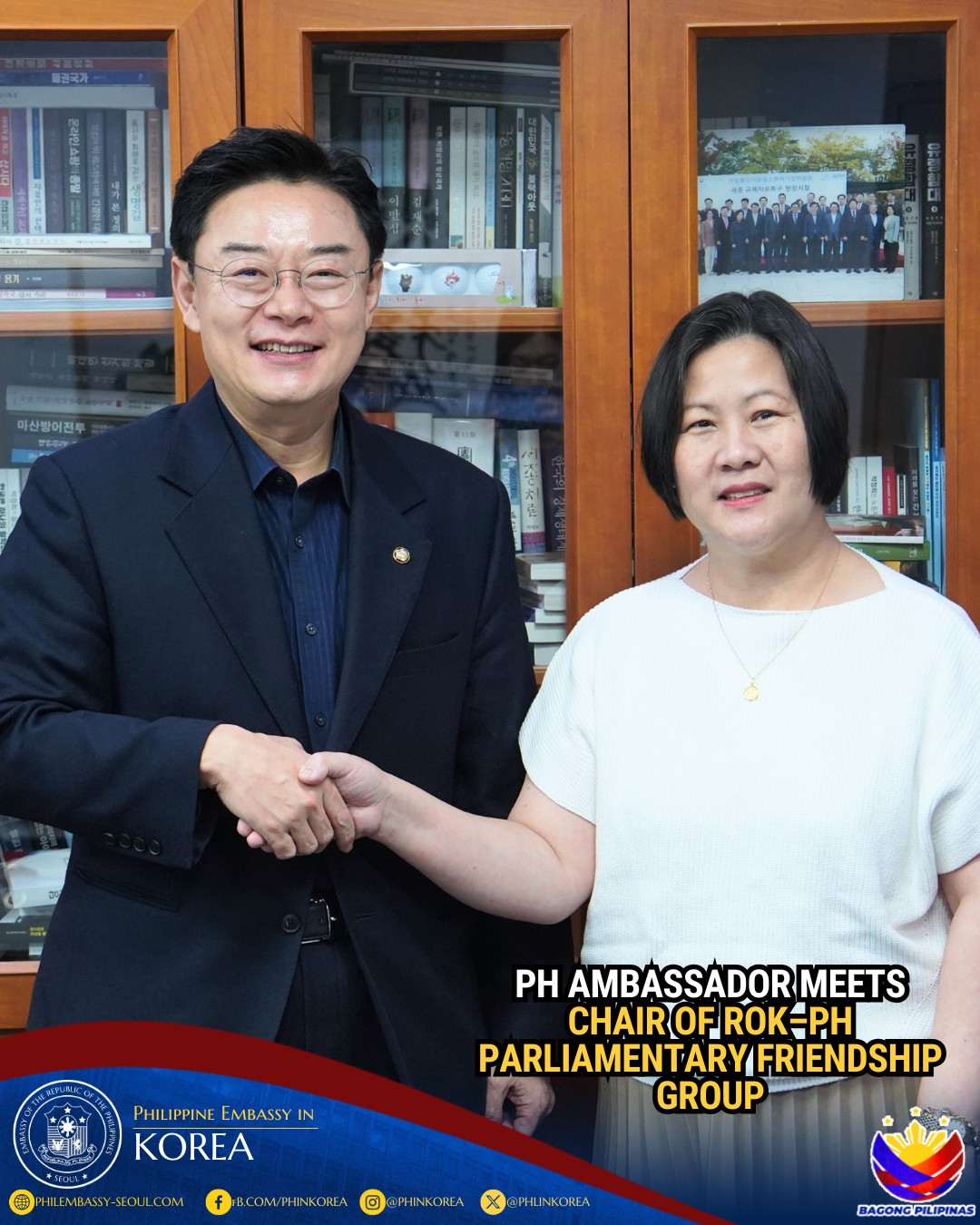 January 13, 2026
January 13, 2026
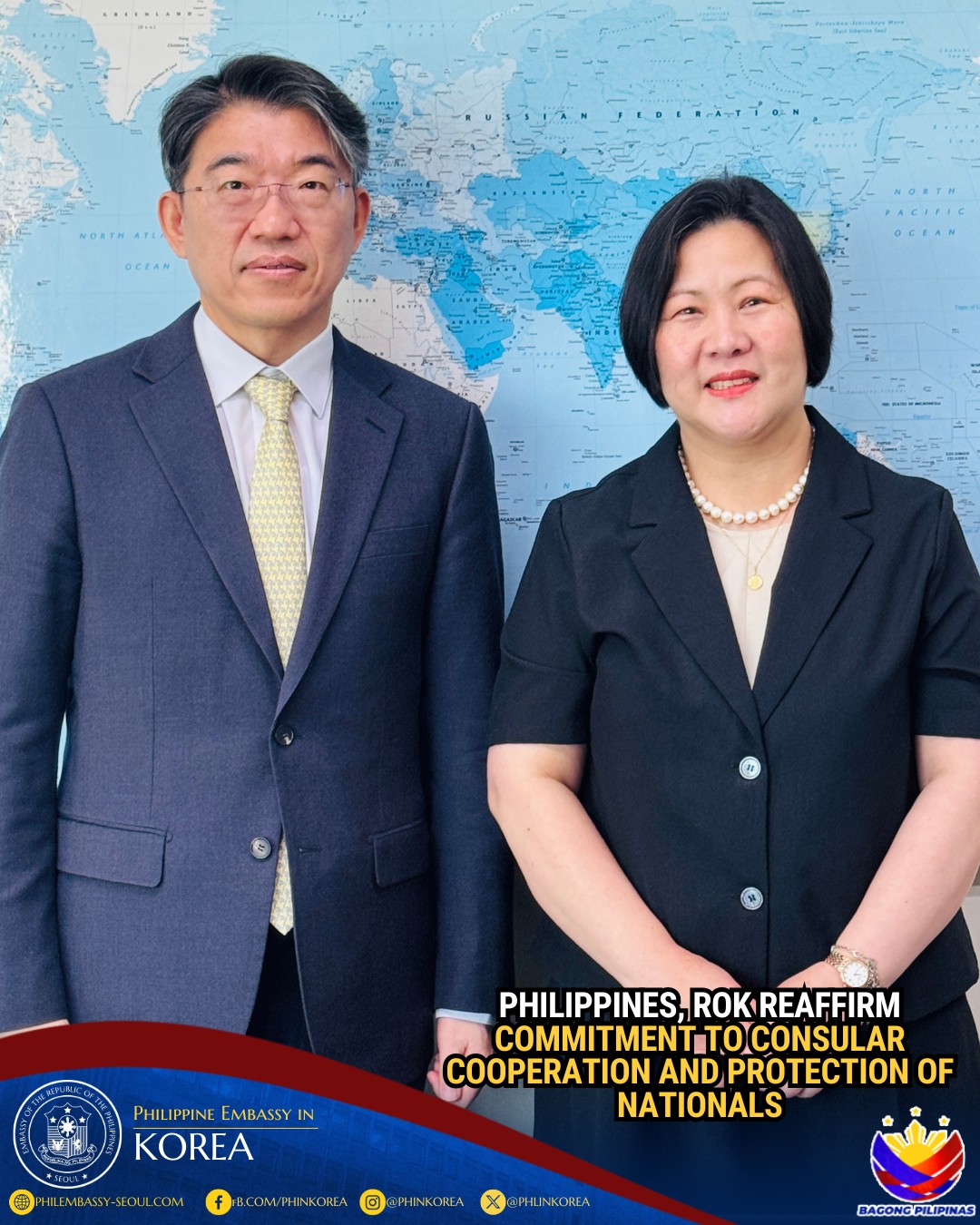 January 12, 2026
January 12, 2026
